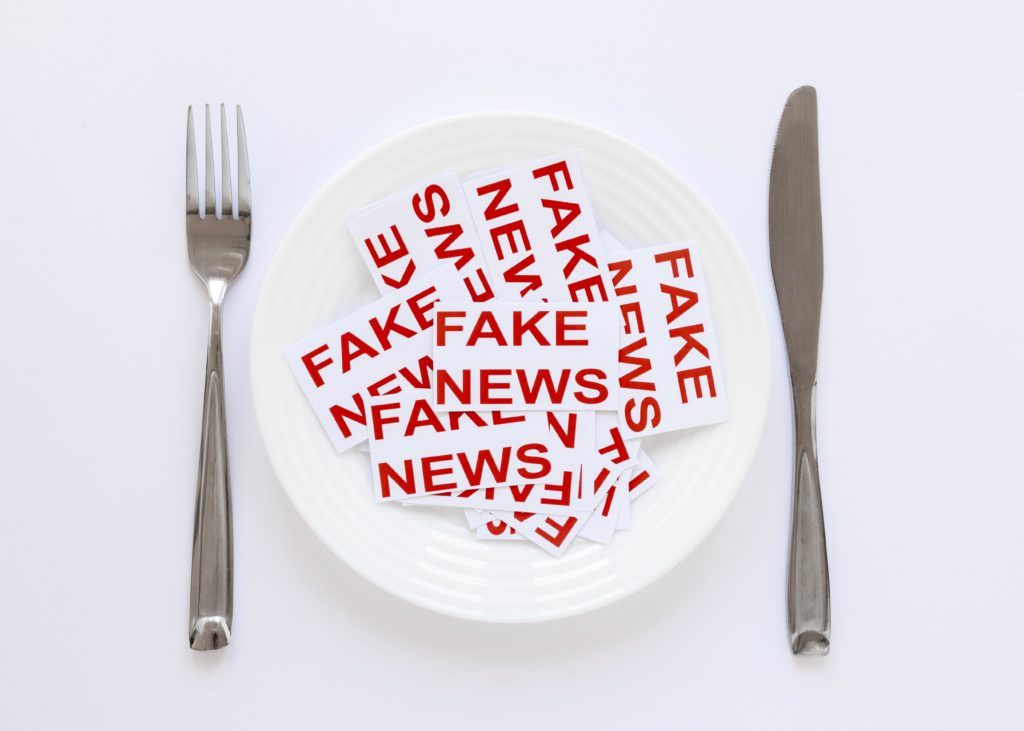Original article (in Montenegrin) was published on 16/11/2022
Have you ever come across an advertisement and a product that promise to solve all your health problems? Is there a reference to a doctor, a specialist, or the research by an institute as a source in such an article?
These are often internet scams or made-up articles promoting various preparations. This time, it is a tea that supposedly solves the problem of infertility. The disputed post states:
This medicine helped a woman get pregnant within three months…
The article mentions an analysis authored by one Borislav Knezevic, a reproduction specialist and a professor of gynaecology at the University of Belgrade. It is, however, impossible to find anything about Borislav Knezevic, a gynaecologist, on the Internet. By doing a reverse image search using the photo of Knezevic, we came across a similar article in the Russian media, where the person in the photo is referred to as Dmitry Konev, a traumatologist.
This leads to the conclusion that the person in question is fictitious, that is, the gynaecologist under Knezevic’s name does not exist.
Another controversial aspect of the mentioned article is that the page on which the alleged interview with Knežević was posted resembles the page of the Serbian TV station N1. There is also a logo of the TV station and a photo of the N1 journalist Tatjana Aleksic sitting in the studio. At one point, her photo is placed next to a photograph of the non-existent Knezevic, which should trick one into believing that she did the interview. However, her name is not mentioned anywhere.
Raskrinkavanje contacted Tatjana Aleksic, who, as you may have already guessed, explained that it was pure manipulation.
“It is a matter of pure manipulation and has nothing to do with me or the TV station I work for. Someone is trying to use N1’s credibility in order to promote their products. I invite people to be careful about what they read, not to fall for such things, and to pay attention to the source of the link in the header. We intend to take legal action against the author,” she told Raskrinkavanje.
This is not the first time regional journalists and media have been used for manipulative or false marketing purposes. Recently, the story of a former Vijesti daily journalist, who shared the fate of Aleksic, appeared in the Montenegrin media.
One of the presenters from the TV N1 outlet in Bosnia and Herzegovina had the same experience.
How to identify false advertisements
Online marketing is often unregulated, with room for such manipulations since the advertiser usually cannot be tracked.
The web pages where such products are advertised are mostly the so-called landers or landing pages, i.e. single-page websites. If you try to click on any of the categories, you will soon realise that there is no other content, and the search usually leads to the link for purchasing the product.
What seems to be symptomatic for such websites is that they almost always offer a 50 per cent discount on products and that it is always “an opportunity one must not miss.”
Articles on those pages abound with linguistic illogicalities, which may mean that the content had been machine-translated from another language. The leitmotif seems to be the same in 90 per cent of cases – pharmaceutical companies profit from poisonous medicines, so one should try this particular natural preparation instead…
This post is rated as fake news.
The “Fake news” rating is given to an original media report (completely produced by the media that published it) that contains factually incorrect claims or information. Content that is rated as fake news can be reliably determined to have been created and disseminated with the intent to misinform the public, that is, to present a completely false claim as fact.

